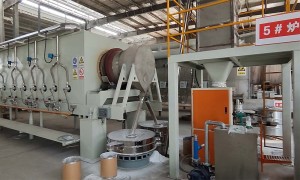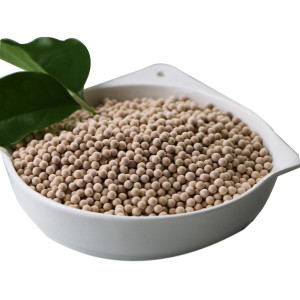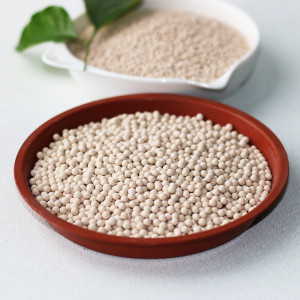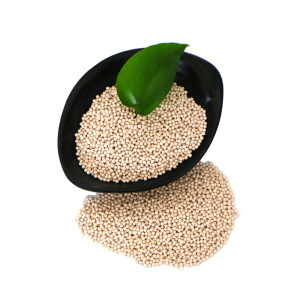The application of molecular sieves in defluoridation
the application of molecular sieves in defluoridation requires consideration of the type of molecular sieve, pore size, surface chemistry, and their adsorption capacity for fluoride ions.
Molecular sieves play a significant role in industrial defluoridation applications, focusing on water treatment and the removal of fluorides. Here are some specific application scenarios:
Drinking Water Treatment: In the purification process of drinking water, molecular sieves can be used to remove fluoride ions from water, especially in areas where fluoride levels exceed safety standards, ensuring the safety and health of drinking water.
Industrial Wastewater Treatment: Industrial production processes may generate fluoride-containing wastewater. Molecular sieves can serve as an effective means of treating these wastewaters, reducing environmental pollution from fluorides.
Natural Gas Purification: During the processing of natural gas, molecular sieves can remove fluorides to prevent corrosion of pipelines and equipment, ensuring the purity of natural gas.
Metallurgical Industry: In the aluminum production process, bauxite contains high concentrations of fluorides. Molecular sieves can be used for the extraction and recovery of fluorides, reducing environmental pollution.
Soil Remediation: For soils contaminated with fluorides, molecular sieves can act as a remediation material, reducing soil fluoride content through adsorption.
Air Purification: In some industrial processes, fluoride-containing gases may be emitted. Molecular sieves can be used in air purification systems to remove these harmful gases.
Fluoride Recovery: In certain specific industrial applications, molecular sieves are not only used to remove fluorides but also to recover valuable fluorides from industrial waste.
It should be noted that the application of molecular sieves in defluoridation requires consideration of the type of molecular sieve, pore size, surface chemistry, and their adsorption capacity for fluoride ions. With increasing environmental regulations and technological advancements, the application of molecular sieves in the field of defluoridation is expected to become more widespread.





